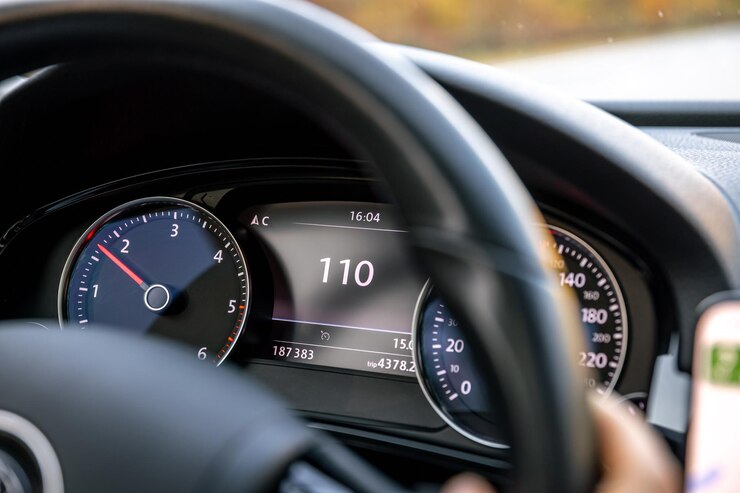The Impact of Mileage on the Value of a Used Car

When it comes to purchasing a used car, there are several factors to consider. One of the most important factors that can significantly impact the value of a used car is its mileage. Mileage refers to the number of miles a vehicle has traveled since it was first manufactured. Understanding the impact of mileage on the value of a used car is essential for both buyers and sellers. In this blog post, we will explore how mileage affects the value of used cars in Nashville and provide insights into why it is an important consideration in the car buying process.
Mileage and Vehicle Depreciation
One of the key reasons why mileage plays a crucial role in determining the value of a used car is its effect on vehicle depreciation. Depreciation refers to the decrease in value that a car experiences over time. As a general rule, the higher the mileage, the greater the depreciation. This is because higher mileage typically indicates that the vehicle has been used more extensively, resulting in a greater amount of wear and tear.
Buyers are often hesitant to purchase a used car with high mileage because they are concerned about potential maintenance and repair costs. Additionally, a higher mileage vehicle may have a shorter remaining lifespan, further decreasing its value. On the other hand, a used car with lower mileage is generally considered more desirable, as it is likely to have less wear and tear and a longer potential lifespan. Therefore, low mileage is often associated with higher value in the used car market.
Maintenance and Service History
While mileage is a critical factor, it is not the only consideration when evaluating a used car's value. The maintenance and service history of a vehicle also play a significant role. Regular maintenance and timely servicing can help mitigate the negative effects of mileage on a car's value. A well-maintained vehicle with a detailed service history indicates that the owner has taken proper care of the car, which can positively impact its value.
When evaluating a used car, potential buyers often request the service records to gain insight into the vehicle's maintenance history. A comprehensive service history that demonstrates regular oil changes, tune-ups, and other necessary maintenance tasks can help instill confidence in the buyer. It indicates that the car has been cared for and is less likely to encounter major mechanical issues in the future. As a result, a well-documented maintenance history can offset some of the negative impacts of higher mileage on a used car's value.
Balancing Mileage and Price
While low mileage is generally preferred, it is essential to strike a balance between mileage and price when buying or selling a used car. A low mileage vehicle may come with a higher price tag, making it less accessible for some buyers. On the other hand, a higher mileage car may be more affordable but could come with potential maintenance costs down the line.
For sellers, it is crucial to price the vehicle appropriately based on its mileage and overall condition. Conducting market research and comparing similar vehicles with similar mileage can provide insights into the competitive pricing range. Setting a fair and reasonable price based on the mileage and condition of the car will attract potential buyers and increase the chances of a successful sale.
For buyers, it is important to consider their specific needs and budget when evaluating a used car's mileage and price. While a lower mileage vehicle may be desirable, it may not be financially feasible for everyone. By considering factors such as the car's maintenance history, overall condition, and potential future expenses, buyers can make an informed decision that aligns with their budget and requirements.
Conclusion
Mileage is a crucial factor that significantly impacts the value of a used car. Higher mileage typically leads to greater depreciation and raises concerns about potential maintenance and repair costs. However, a well-maintained vehicle with a detailed service history can help offset some of the negative effects of mileage on a car's value. Striking a balance between mileage and price is important for both buyers and sellers to ensure a fair and successful transaction.
When buying or selling a used car, it is recommended to consider not only the mileage but also other factors such as maintenance history, overall condition, and market pricing. By taking these factors into account, both buyers and sellers can make informed decisions that meet their respective needs and result in a satisfactory transaction. Remember, a thorough understanding of mileage's impact on the value of a used car is essential for navigating the used car market with confidence.
At Franklin Motor Company, we prioritize transparency and provide detailed information about mileage and other important aspects of our used vehicles. We aim to empower our customers to make confident choices when purchasing a used car. Contact us today or visit our website to explore our inventory and find the perfect vehicle for you.